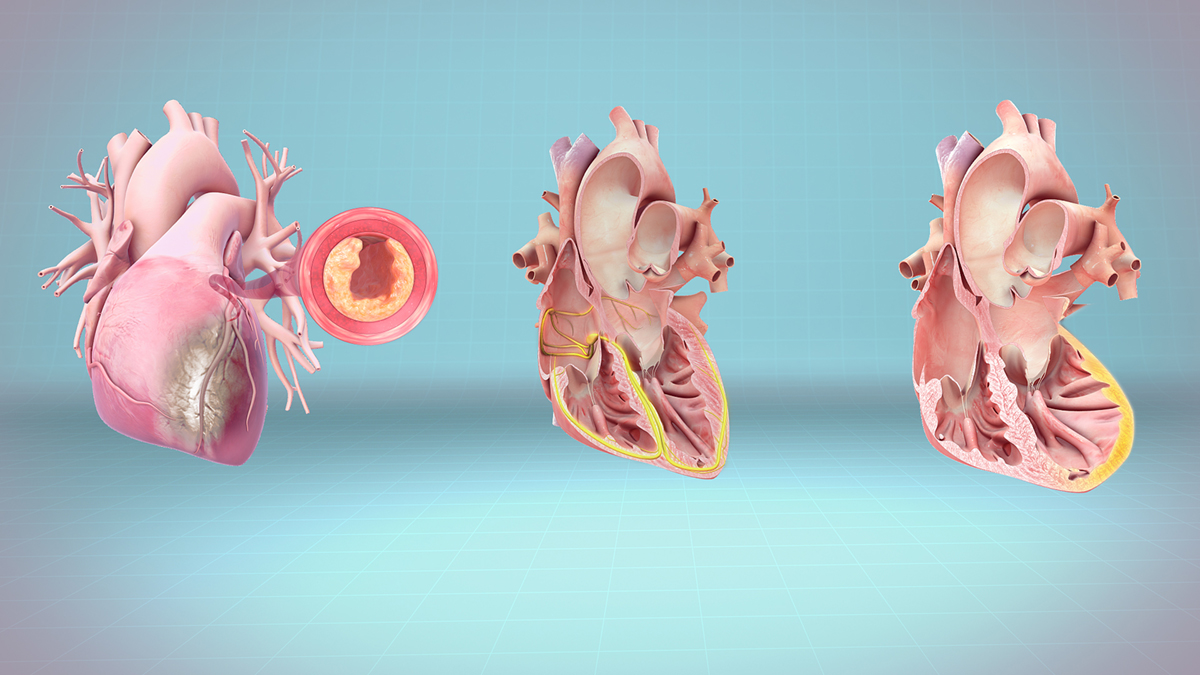
Heart attacks used to be lethal, but because today there are better treatments, most people who have experienced heart attacks, survive.
Being that they are usually caused by lack of exercise and an unhealthy diet, by simply reversing one’s lifestyle a lot can be done in the prevention of heart attacks. And those recovering from one should also try and make their life a little healthier, and by doing so, help their own recovery.
Risk factors that may lead to heart attacks
High blood pressureIt can, over a period of time, harm arteries by speeding up atherosclerosis. Although it may be genetic, it is usually caused by eating too much salt in one’s diet or being obese.
TobaccoNot only smoking, but also second-hand smoking damages the interior walls of arteries. This leads to cholesterol collecting and slowing the blood flow. Also, it amplifies the risk of clots forming in the arteries.
ObesityBecause it is linked to diabetes, high blood pressure and cholesterol levels, obesity is one of the main factors that can cause heart attacks.
Family history of heart attacksIf one has a history of heart attacks in the family, that means that he is at risk, too. High blood pressure and cholesterol levels may also be genetic.
High blood cholesterol levelsCholesterol is one of the culprits for the narrowing of arterial walls, which leads to heart attacks. However, this applies to the so called “bad cholesterol”, whereas “good cholesterol actually lowers the risk of heart attacks.
Age. Men over 45 and women over 55 are more prone to heart attacks than the young. Lack of physical activityHelpful for reducing high blood pressure and also reduces the risk of heart attack significantly.
StressIt raises blood pressure, may cause one to smoke and overeat, which, in turn, may increases the risk of heart attacks.
DiabetesIt is the incapacity of the body to produce insulin, and it may cause many other health problems.
Illegal drug useIt may cause a heart spasm which leads to heart attacks.
Complications
Heart ruptureWhen a part of the heart is weakened, it may lead to a rupture, which is often fatal.
ArrhythmiaThis is a serious condition which may lead to death. Valve problemsWhen damaged enough during a heart attack, valves may develop seepage problems.
Heart failureThis may be a temporary problem which ends when the heart recovers, but it may also be chronic, which usually means that, the heart has suffered permanent damage. Heart failure means that the damage is so large that the heart cannot do its job and pump blood. This causes a decrease in the blood flow throughout the body, which may lead to exhaustion.
















Your thoughts on this
Loading...